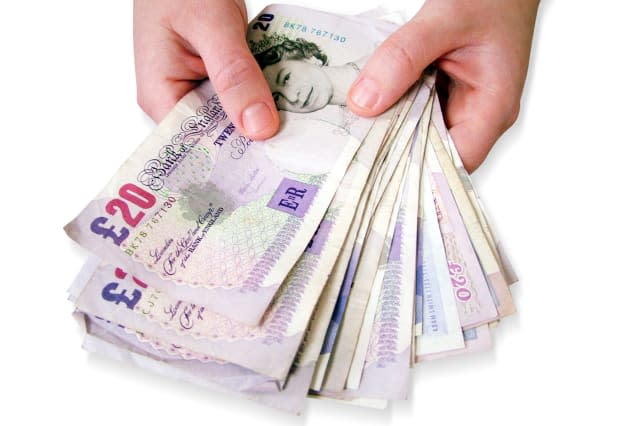Have your treats turned into a money drain?

Without the odd excess life would be a little dull. But it's easy to let the occasional treat turn into a regular occurrence – or one we don't even notice anymore. If this sounds like it's more the case, see what others like you are treating themselves to – and why it's worth putting the money aside instead.
We spend an average of £143 per month treating ourselves according to a survey by TopCashback.co.uk. Three quarters (75%) of us indulge twice a week, with the most popular time for a treat being Saturday afternoon.
But by the end of year this can easily add up and the average UK consumer will have spent £1,716 on treating themselves.
Of course, suggesting you shouldn't treat yourself isn't sustainable and many of us may already feel we are cutting back as much as we can.
But if you look back on what you're spending money on, it could be that you think the cash could be better placed somewhere else. Alcohol appears to be the most popular way to indulge, with 22% relaxing with a glass of wine or trip to the pub after a bad day at work. One in five (20%) do the same after a productive week and 10% choose to reward themselves with a drink after a hard gym session.
Other popular treats include retail therapy, with a quarter (24%) hitting the shops when they get paid, and 17% admitting they turn to food-based treats to alleviate boredom.
Spending and saving
Of the 13% of people who don't treat themselves, almost half (47%) said it's because they're sticking to a savings budget.
Saving puts aside more money for you to do what you need to and what you want to. So instead of the smaller treats like alcohol, or food-based treats, your money is going towards a goal you really want to strive for instead or something you really need.
Plus, if you have a savings goal, it's been proven you save more and quicker. In fact, research has shown people with a goal save up to £550 a year more than people who don't.
Name your goal; work out how much you can afford to save per month (our Budget Planner is a good place to start); and then set up a standing order so you aren't tempted to spend the money when you get it.
What would you do if your car broke down?
Another invaluable benefit of saving is having money to help you in the tough times. There's never a good time to lose your job, or for your car or washing machine to break, but a financial cushion can be a big help.
It's important to have enough money for a few months in a sticky situation.
Emergency savings – how much is enough?
This article is provided by the Money Advice Service.





